Leadership Qualities Are Changing
And Peer-to-Peer Learning is Becoming a Critical Factor
ARIA CONSULTING IS A TEAM OF EXPERIENCED LEADERS, WORLD-CLASS COACHES, AND LIFE-LONG LEARNERS. WE’VE BEEN IN BUSINESS FOR 25 YEARS, AND WE’RE ALWAYS SEEKING NEW WAYS TO HELP OUR CLIENTS REACH THEIR POTENTIAL. OUR LATEST OFFERING IS LEADNOW, AN ONLINE EDUCATION PROGRAM THAT PROVIDES THE SPACE AND SAFETY TO IDENTIFY AND REMOVE THE TOUGHEST BLOCKS. ARIA CONSULTING IS COMMITTED TO HELPING YOU GROW AS A LEADER, AND LEADNOW IS JUST ONE MORE WAY WE CAN SUPPORT YOU ON YOUR JOURNEY. READ MORE ABOUT ARIA CONSULTING AND HOW WE CAN HELP YOU REACH YOUR POTENTIAL.
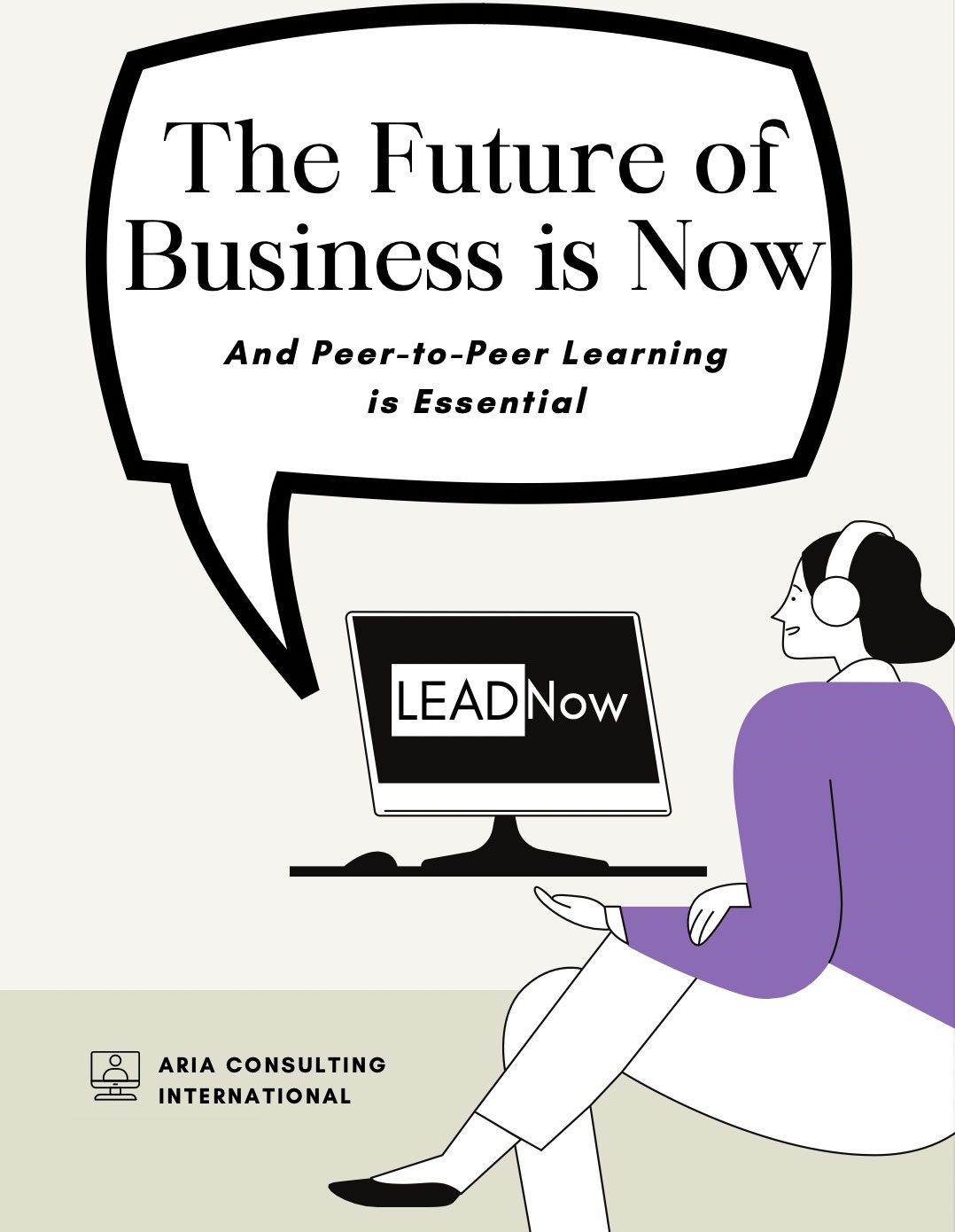
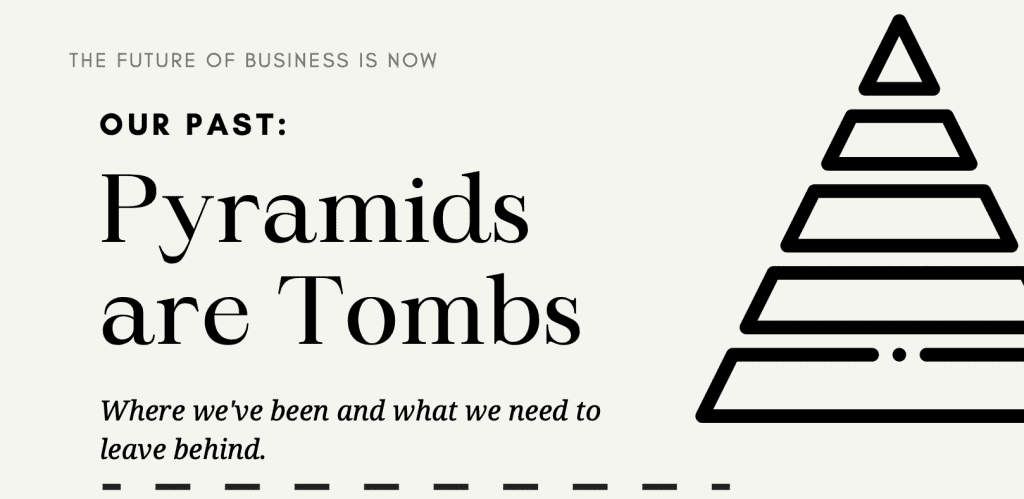
The future of business is happening now. The traditional model of the workplace is changing, and the new world of work is here. Businesses are increasingly global, and the workforce is more mobile than ever before. This new world is driven by globalization, the rise of the digital economy, and most importantly, the shift of power and values in the workforce. It is a world of constant change and opportunity. To succeed in this new world, businesses must embrace change, be agile, and be prepared to adapt. They must also be willing to take risks, re-evaluate leadership qualities, experiment, and innovate. The future of business is an exciting one – if you’re willing to put in the work to adapt to the situation at hand.
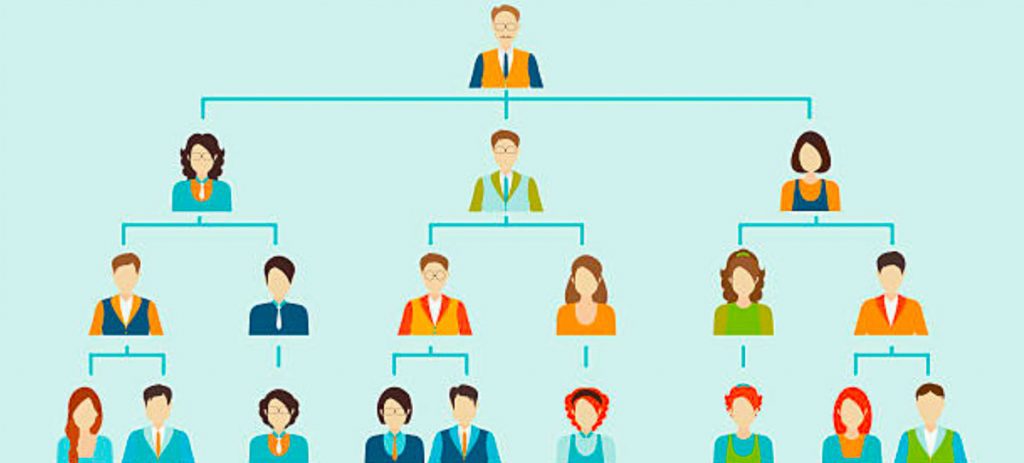
The future of business is happening now. The traditional model of the workplace is changing, and the new world of work is here. Businesses are increasingly global, and the workforce is more mobile than ever before. This new world is driven by globalization, the rise of the digital economy, and most importantly, the shift of power and values in the workforce. It is a world of constant change and opportunity. To succeed in this new world, businesses must embrace change, be agile, and be prepared to adapt. They must also be willing to take risks, experiment, and innovate. The future of business is an exciting one – if you’re willing to put in the work to adapt to the situation at hand.
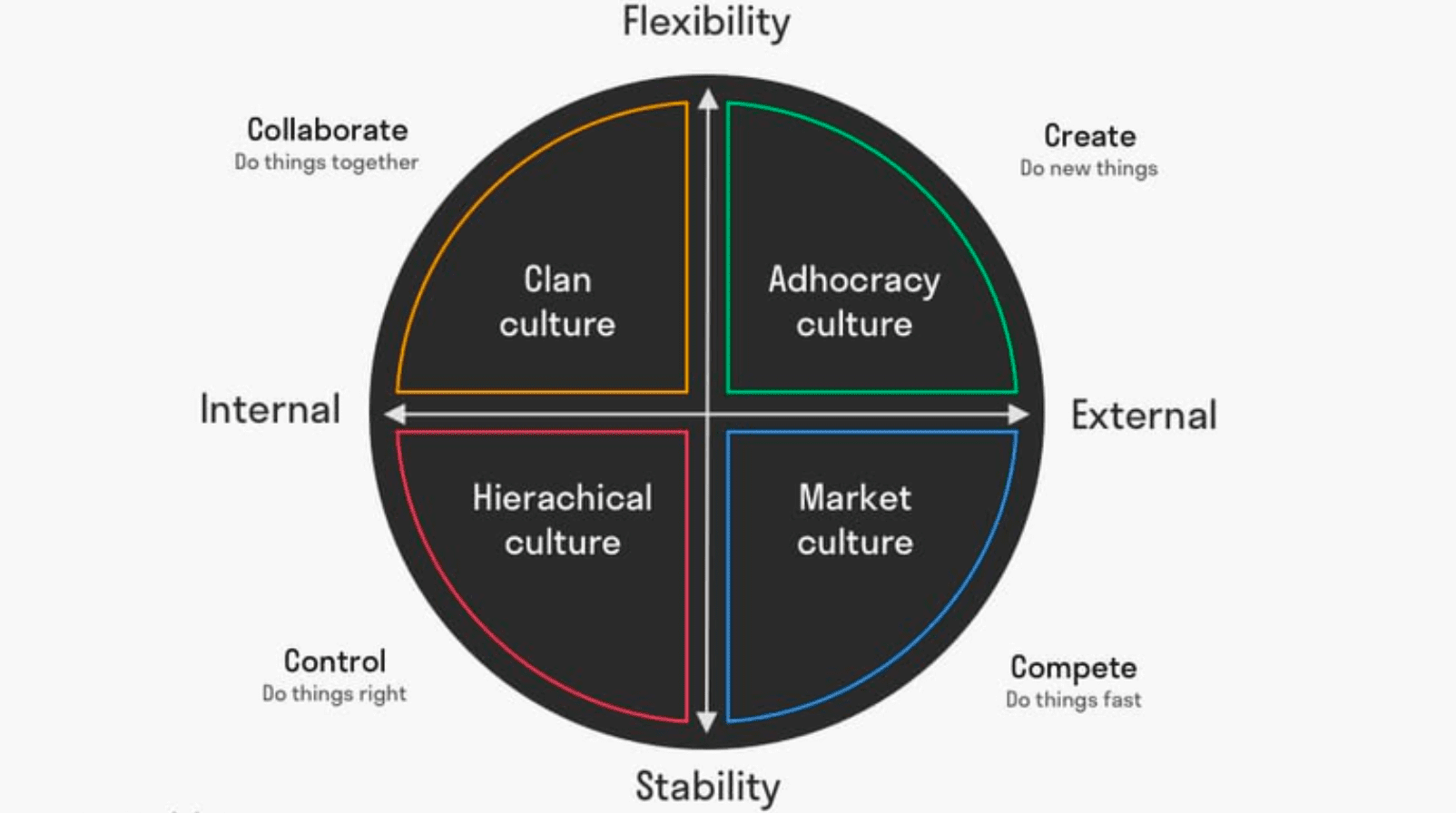
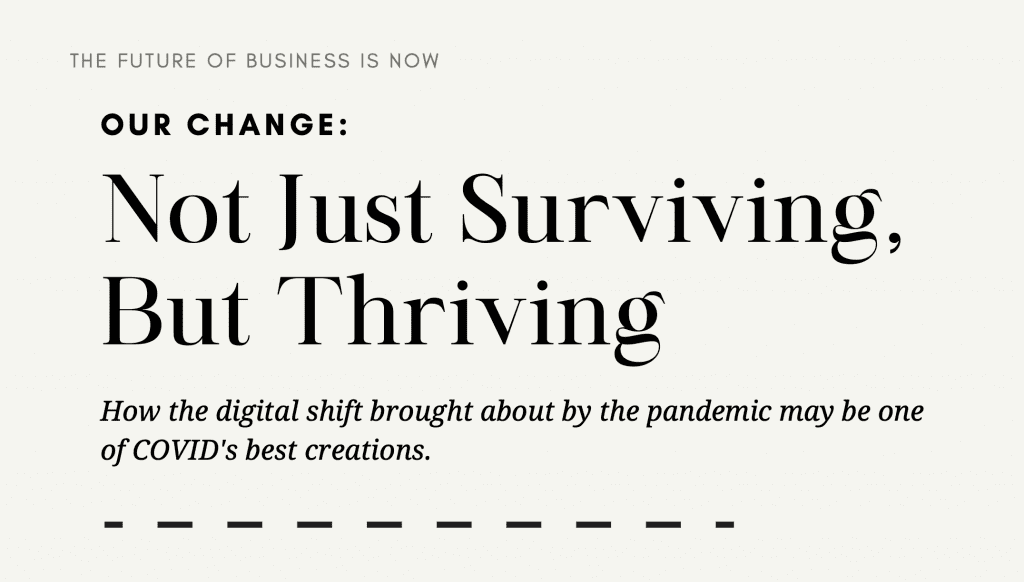
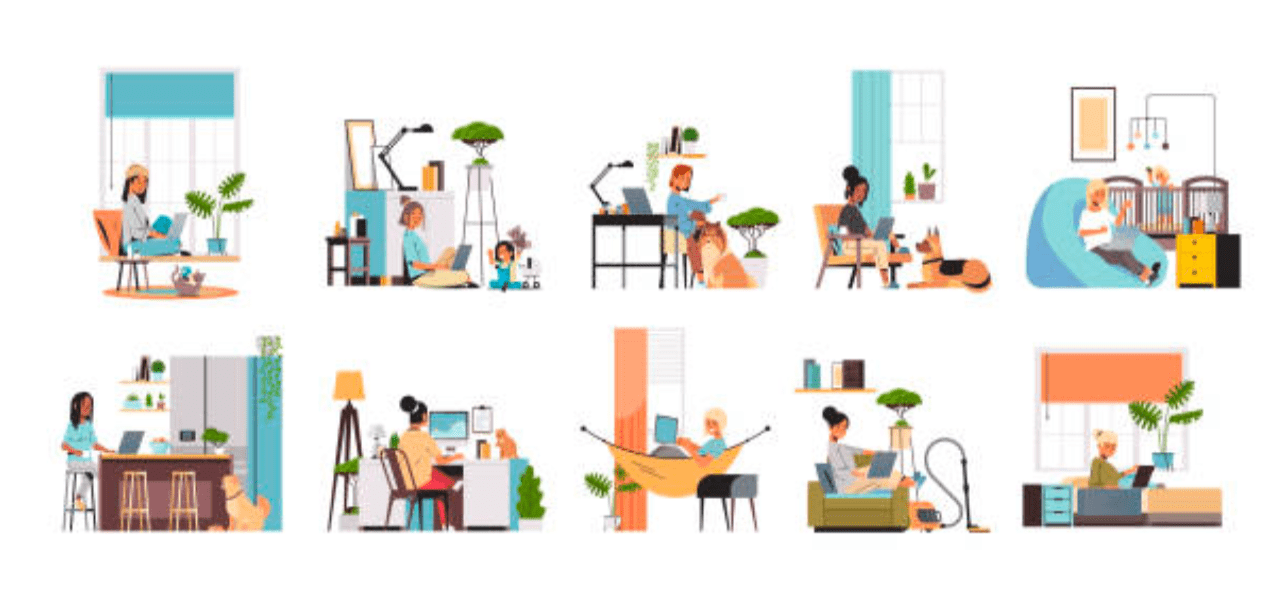
For the younger generations, digital platforms are a medium that they’re already very comfortable with. They’ve grown up with technology; they use it on a daily basis. This digital world is one that they were born into. However, for some of the older generations, digital platforms can be a much more daunting prospect. Often, the older generation of business executives may find themselves feeling out of place, resisting the shift in the structure of the workplace simply out of a lack of knowledge or comfortability. However, digital platforms offer a number of advantages that appeal to all generations. They’re convenient, they’re interactive, and they’re often much more cost- effective than traditional methods.
The pandemic has had a profound impact on the way we work. For many people, working from home has become the new norm, and even after the initial waves of the pandemic have begun to die down, remote work is likely to remain more common than before. This shift affects not only where we work from, but how we work, and brings along a whole new set of tools and skills that are vital to today’s digital realm. Overall, while the pandemic may have accelerated this rapid change in the world of business, it is clear that this trend was already underway and would have continued regardless.

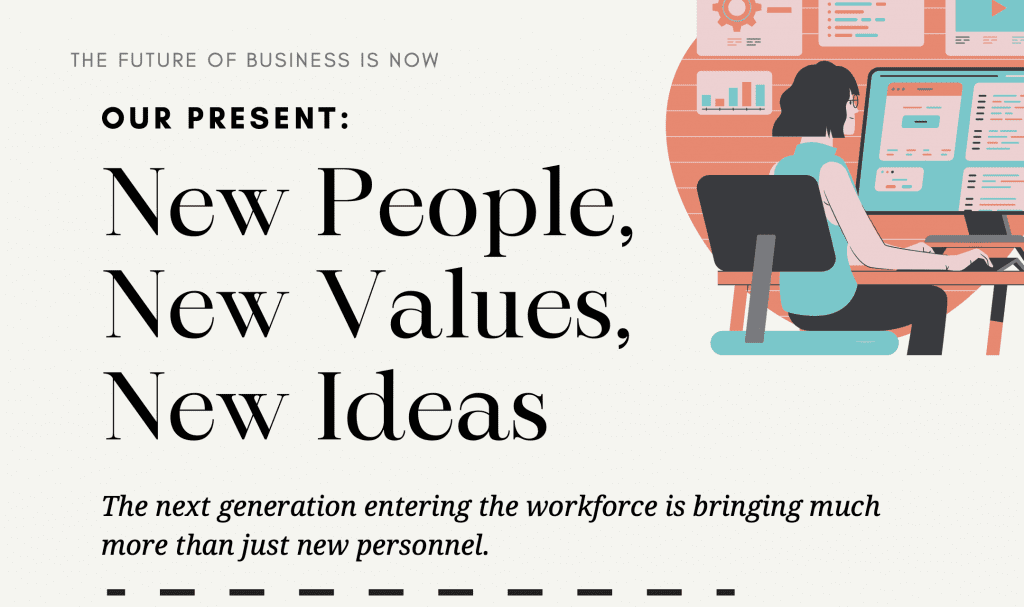

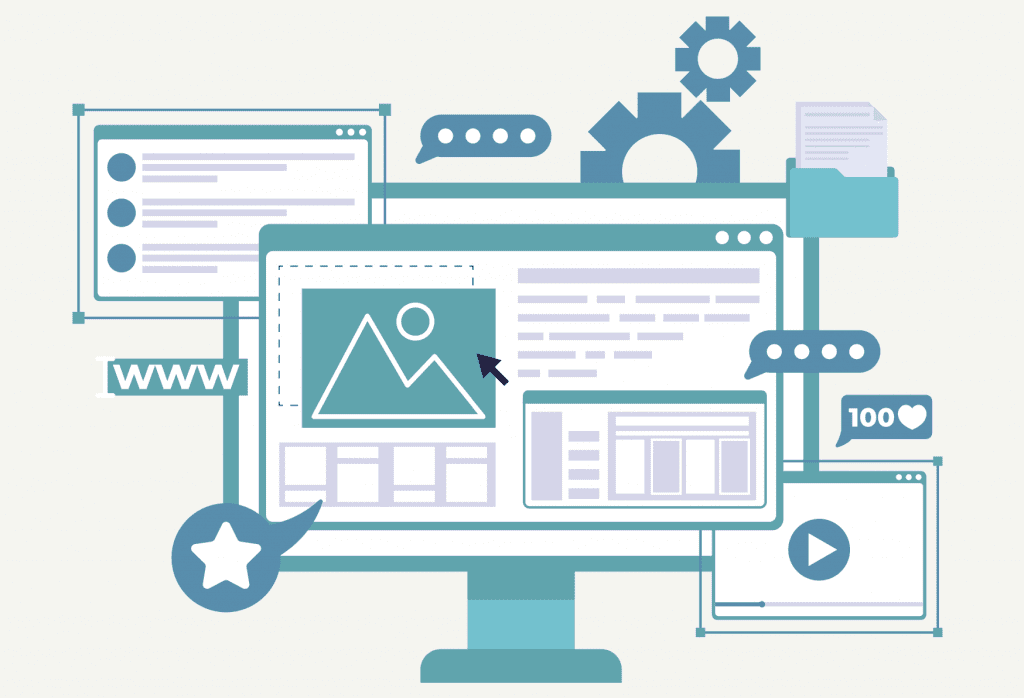
Leadership Qualities Change With Changing Environments
On one side are the older generations, of which many members believe that the workplace should stick to the traditional 9-5 and retain the same-old core values and structures. On the other side are the younger generations who are much more open to change, comfortable with flexible work hours, and are always looking to challenge the status quo for a better workplace. They possess new, cutting-edge values and mental models of the world around them, especially pertaining to the workforce. A prime example of this difference can be seen through the mental effects on those who were raised with electronic devices from a very young age, especially smart devices. These individuals, who make up a large percentage of the younger generations, are now much more likely to gravitate towards a digital workplace: one with lots of data, online applications, and gamified experiences.

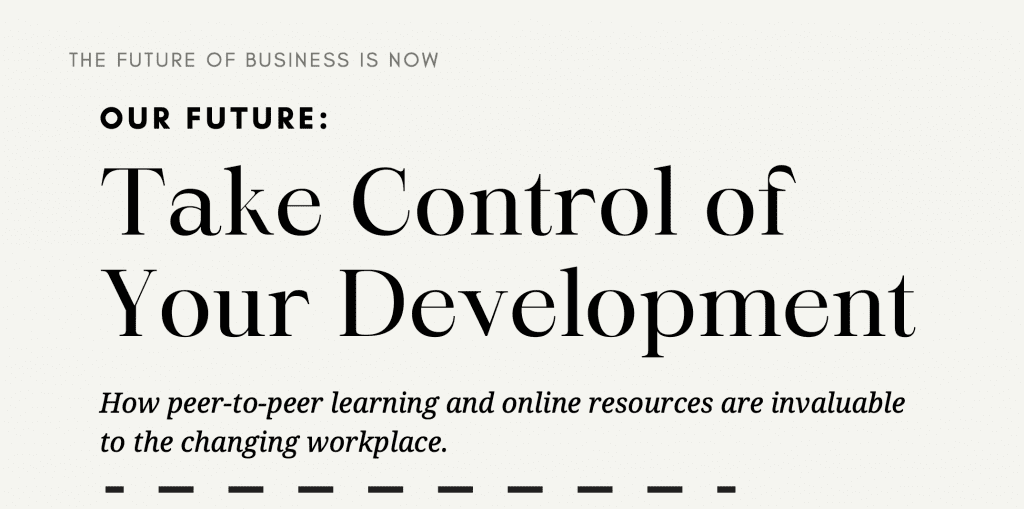
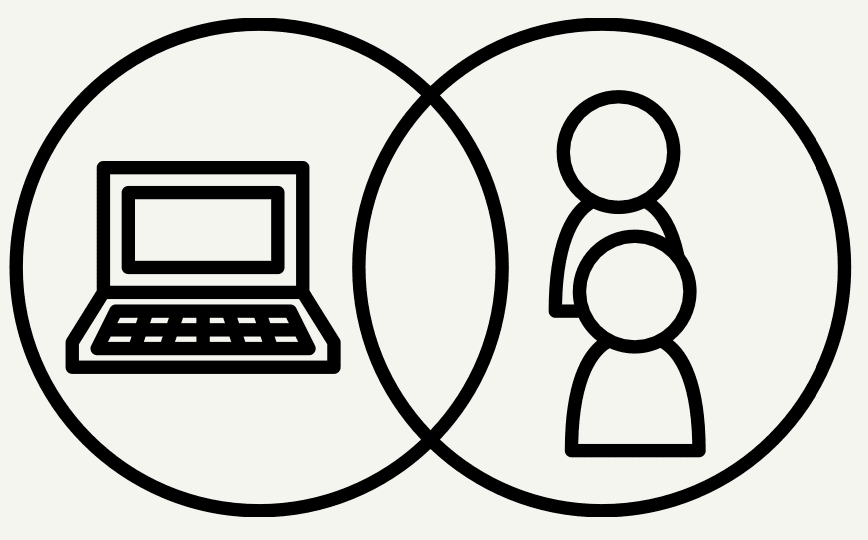

One of the most interesting and valuable leadership qualities that can be seen in the incoming generations is their eagerness to take control of their development. Sure, being coached by a professional mentor can be a tremendous help – but what if we could teach others to participate in both sides of this process? One of the most innovative ways we can help others do this is through peer- to-peer learning.



By coaching each other, people can learn from each other’s mistakes and successes to develop the skills they need to achieve their goals. As written in Harvard Business Review, this also allows for insight into diverse perspectives, as well as a much more powerful accountability system (3). Peer-to-peer learning also helps people to build relationships and trust, which are essential for successful business relationships. As a result, peer-to-peer learning is a vital resource for individuals who want to take control of their development.
As Aria continues to develop LEADNow’s library of resources, lessons, and valuable takeaways, we also forge ahead into new territory: coaching others to help them to coach each other. These new incoming leaders are very welcoming of this change, wanting to evolve how consulting and coaching are done. We want to help these leaders to grow and develop their leadership skills, allowing them to simultaneously begin advancing their workplace structures to fit our new world better. Our present, and more importantly, our future, relies on effective change and growth. Aria’s LEADNow is just the thing to aid in this transformation.

References
(1) Robert Quinn’s Competing Values Framework.
(2) IFTF’s “Work, Interrupted: The New Labor Economics of Platforms.“
(3) Brenda Steinberg and Michael D. Watkins for Harvard Business Review, “The Surprising Power of Peer Coaching.“

